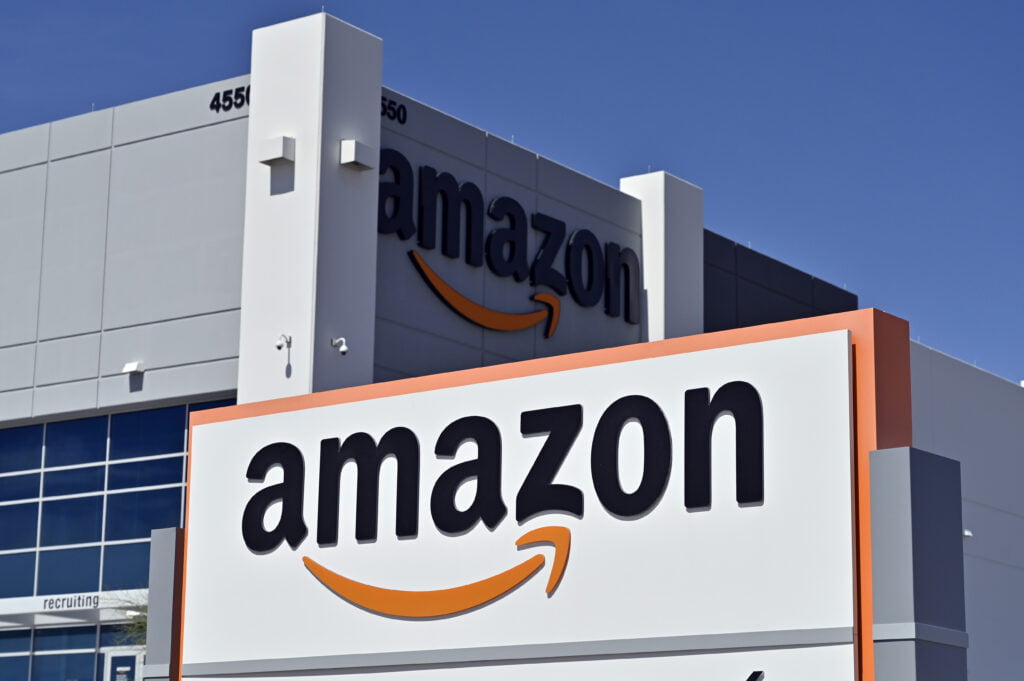Amazon sued by FTC for monopoly and antitrust practices ! Read here.
In recent years, Amazon, the e-commerce giant, has faced increasing scrutiny over its business practices and market dominance. The Federal Trade Commission (FTC), the regulatory body responsible for enforcing antitrust laws in the United States, has taken a keen interest in Amazon’s operations. This article explores the allegations of monopoly and the legal action taken against Amazon by the FTC.

Understanding Amazon’s Dominance
Amazon’s rise to prominence in the retail and e-commerce sectors has been nothing short of meteoric. Founded in 1994 as an online bookstore, the company has since diversified its offerings to include a vast array of products and services. Its expansive logistics network, Amazon Web Services (AWS), and its ever-growing customer base have solidified its position as a tech and retail behemoth.
The FTC’s Antitrust Concerns
The FTC has been closely monitoring Amazon’s business practices, examining whether the company has engaged in anticompetitive behavior that stifles competition and harms consumers. Some of the key concerns raised by the FTC include:
- Market Power: Amazon’s significant market share in e-commerce and cloud computing services has raised questions about its ability to control prices, set terms, and dictate conditions to third-party sellers and competitors.
- Unfair Competition: Allegations of Amazon using its position to promote its own private-label products and favoring them over third-party sellers have sparked concerns about fair competition within its marketplace.
- Data Practices: The FTC is investigating whether Amazon has been unfairly leveraging the data it collects from third-party sellers on its platform to gain a competitive advantage.
Legal Action by the FTC
In response to these concerns, the FTC initiated legal action against Amazon, alleging that the company has violated antitrust laws. The outcome of this lawsuit will have significant implications not only for Amazon but also for the broader tech industry and e-commerce ecosystem.
Amazon’s Response
Amazon has consistently defended its business practices, arguing that it operates in a highly competitive environment and that its success benefits both consumers and third-party sellers. The company has emphasized its investments in infrastructure, job creation, and innovation.
Potential Outcomes
The lawsuit against Amazon is still ongoing, and the ultimate outcome remains uncertain. Depending on the court’s decision, Amazon could face fines, restrictions on its business practices, or other remedies aimed at fostering a more competitive marketplace.
The FTC’s lawsuit against Amazon for alleged monopolistic practices underscores the growing concerns over the concentration of power in the tech industry. As this legal battle unfolds, it will undoubtedly shape the future of e-commerce and the broader digital landscape. Regardless of the outcome, it serves as a reminder that regulatory bodies are actively monitoring and addressing antitrust issues to ensure fair competition and protect consumer interests.